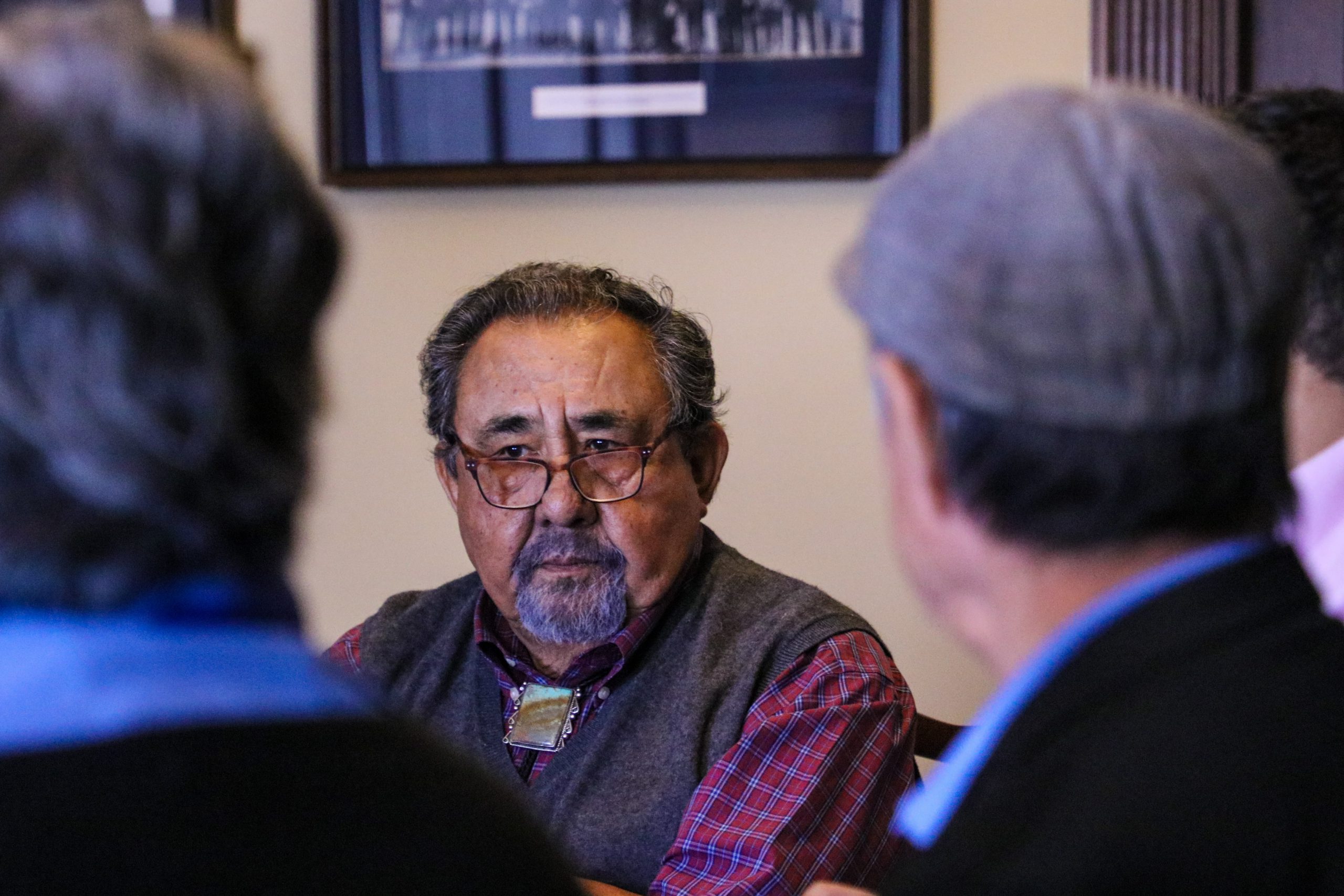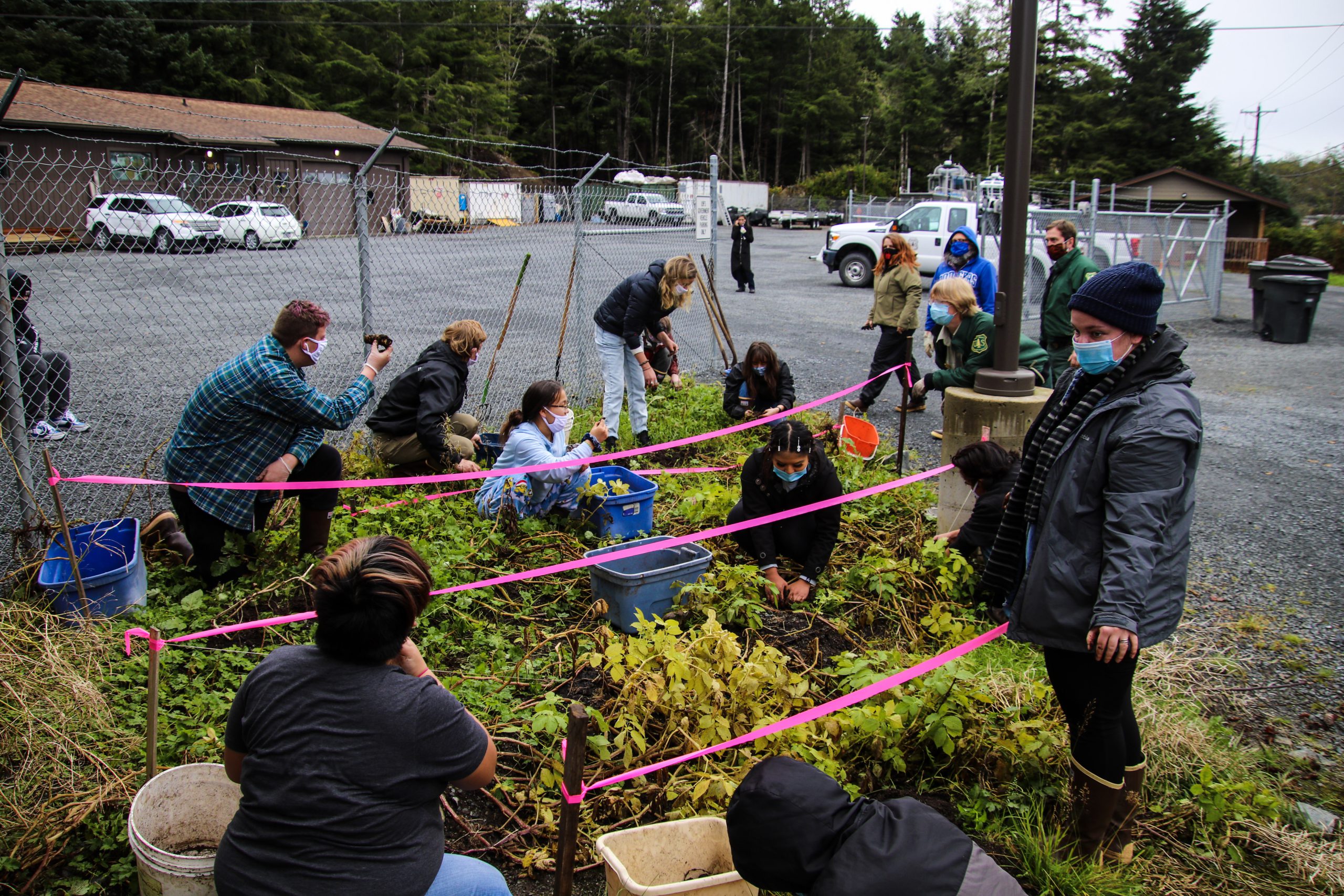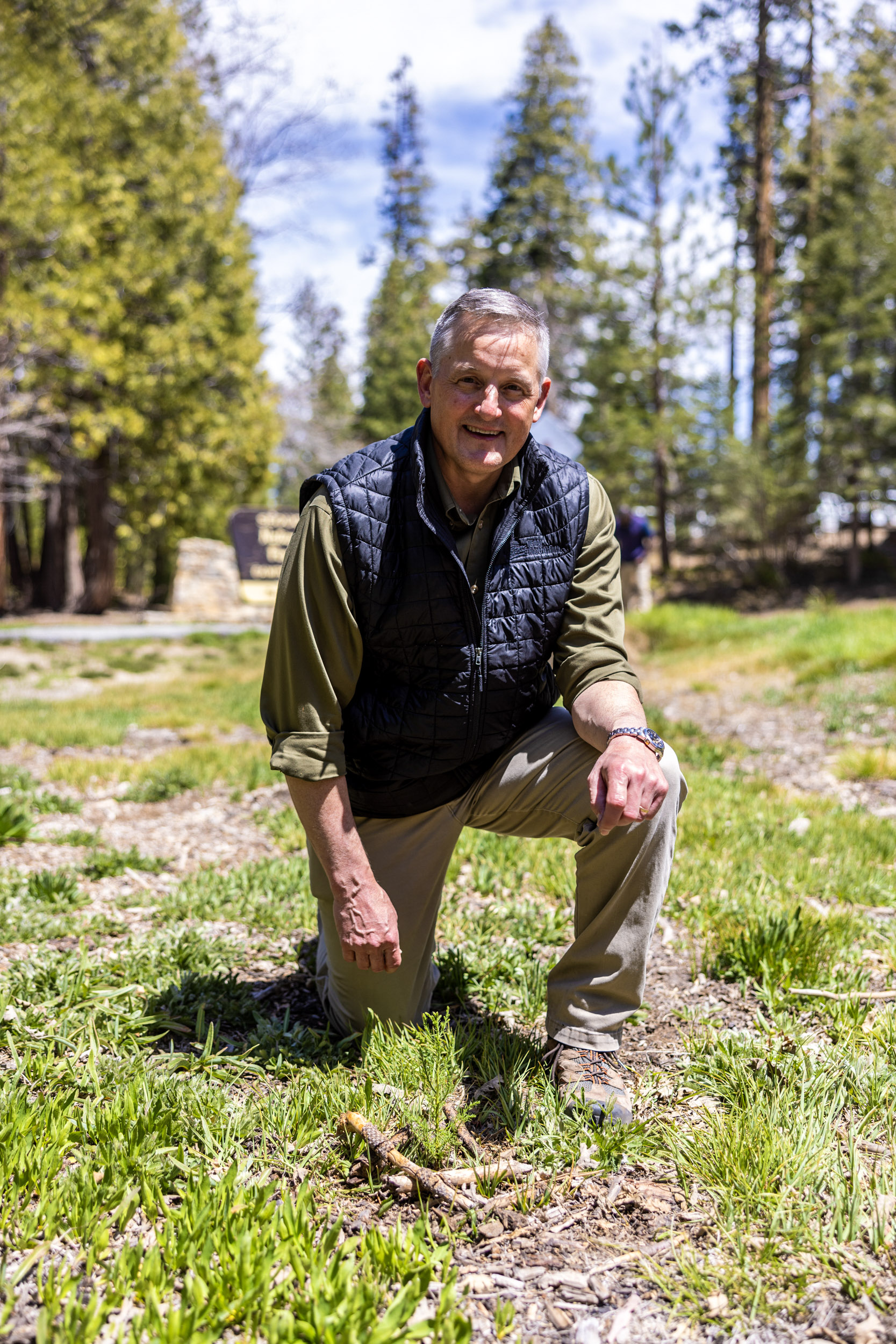Indianz.Com > News > Republicans vow to use Indian Country committee to investigate Biden administration
Republicans vow to use Indian Country committee to investigate Biden administration
Letter complains of ‘black box’ when it comes to tribal issues
Monday, January 30, 2023
Indianz.Com
WASHINGTON, D.C. — A key Congressional committee is finally getting to work this week, nearly a month after Republicans took control of the U.S. House of Representatives.
The House Committee on Natural Resources, which has jurisdiction over Indian Country issues, will host an organizational meeting on Wednesday. It’s the legislative panel’s first meeting since the start of the 118th Congress on January 3.
But even though committee is under Republican leadership for the first time in five years, tribes and their advocates will see many familiar faces when they come to Capitol Hill to ensure the U.S. government fulfills its trust and treaty obligations. The new chairman is Rep. Bruce Westerman (R-Arkansas), who has served on the panel since joining Congress a decade ago.
For the last two years, in fact, Westerman was the committee’s ranking member, or its senior-most Republican. Yet while he helped Democrats pass a number of bills benefitting Indian Country during the last session of Congress, he hasn’t mentioned tribes in his public statements over the last month.
“It’s an incredible honor to be elected as the leader of this committee, one that I’ve served on during my entire time in Congress,” Westerman said on January 10. “Natural resources are important to me as a forester, as an Arkansan and as an American citizen, and I’m eager to use our new majority to show the world that conservation is inherently conservative.”


(1) All matters related to the Federal trust responsibility to Native Americans and the sovereignty of Native Americans.
(2) Measures relating to the welfare of Native Americans, including management of Indian lands in general and special measures relating to claims that are paid out of Indian funds.
(3) All matters regarding Native Alaskans.
(4) All matters regarding the relations of the United States with Native Americans and Native American tribes, including special oversight functions under House Rule X.
(5) All matters regarding Native Hawaiians.
(6) All matters regarding insular areas of the United States.
(7) All measures or matters regarding the Freely Associated States.
Also expected to be adopted on Wednesday is the staff hiring resolution. The document lists far more Republican aides than Democratic ones, another sign of the change in power on Capitol Hill.
The meeting takes place at 10:15am in Room 1324 of the Longworth House Office Building. And in another sign of Republican control, it is taking place entirely in person in the nation’s capital — with virtual participation options being removed by the majority under the new committee rules. Democrats had instituted virtual options during the COVID-19 pandemic, which impacted American Indians and Alaska Natives at disproportionate rates.
The session, though, will be live-streamed, following long-standing practices in Congress. The link is youtu.be/bsVbijedNoA.
House Committee on Natural Resources Notice
Full Committee Organizational Meeting (February 1, 2023)
Search
Filed Under
Tags
More Headlines
NAFOA: 5 Things You Need to Know this Week (December 15, 2025)
Chuck Hoskin: Cherokee Nation celebrates milestone in tribal gaming
Native America Calling: A Native entrepreneur’s view of the retail shopping season
VIDEO: H.R.2916, a bill to ratify the Akwesasne Mohawk Land Claim
VIDEO: H.R.2389, the Quinault Indian Nation Land Transfer Act
VIDEO: H.R.2388, the Lower Elwha Klallam Tribe Project Lands Restoration Act
VIDEO: H.R.2302, the Shingle Springs Band of Miwok Indians Land Transfer Act
Native America Calling: Persistence pays off for tribes working to remove disturbing public monuments
AUDIO: H.R.2916, a bill to ratify the Akwesasne Mohawk Land Claim
AUDIO: H.R.2389, the Quinault Indian Nation Land Transfer Act
AUDIO: H.R.2388, the Lower Elwha Klallam Tribe Project Lands Restoration Act
AUDIO: H.R.2302, the Shingle Springs Band of Miwok Indians Land Transfer Act
Native America Calling: Tribes fight for solutions to dwindling clean water sources
Native America Calling: Mental health experts point to personal connections to maintain winter mental health
Native America Calling: Tribes ponder blood quantum alternative
More Headlines
Chuck Hoskin: Cherokee Nation celebrates milestone in tribal gaming
Native America Calling: A Native entrepreneur’s view of the retail shopping season
VIDEO: H.R.2916, a bill to ratify the Akwesasne Mohawk Land Claim
VIDEO: H.R.2389, the Quinault Indian Nation Land Transfer Act
VIDEO: H.R.2388, the Lower Elwha Klallam Tribe Project Lands Restoration Act
VIDEO: H.R.2302, the Shingle Springs Band of Miwok Indians Land Transfer Act
Native America Calling: Persistence pays off for tribes working to remove disturbing public monuments
AUDIO: H.R.2916, a bill to ratify the Akwesasne Mohawk Land Claim
AUDIO: H.R.2389, the Quinault Indian Nation Land Transfer Act
AUDIO: H.R.2388, the Lower Elwha Klallam Tribe Project Lands Restoration Act
AUDIO: H.R.2302, the Shingle Springs Band of Miwok Indians Land Transfer Act
Native America Calling: Tribes fight for solutions to dwindling clean water sources
Native America Calling: Mental health experts point to personal connections to maintain winter mental health
Native America Calling: Tribes ponder blood quantum alternative
More Headlines
